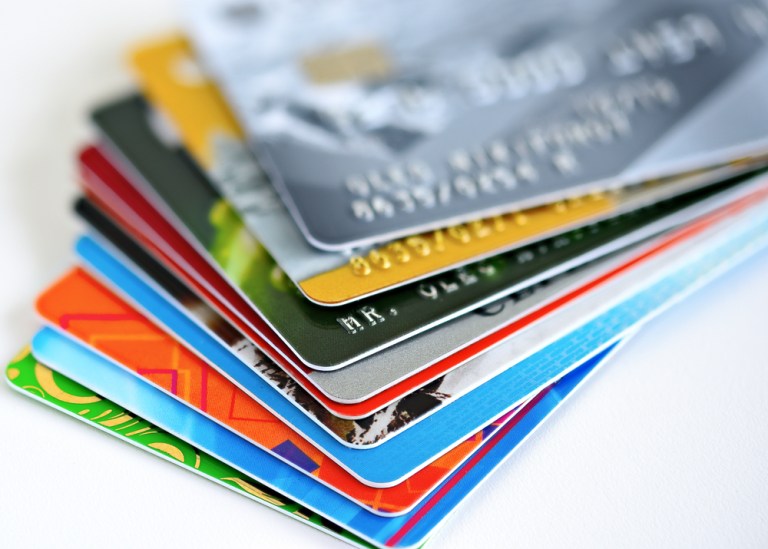Small Bank Credit Card Losses Explode

Smaller banks have spent years competing with their larger fellows in signing up credit card customers.
Now they are facing the ugly flipside of highly active credit underwriting — increasing defaults and charge-offs.
According to Federal Reserve Data, small banks’ charge-off rates have hit 7.2 percent on average during Q4 — up from 4.5 percent a year ago. And while default levels have been ticking up throughout the credit card underwriting game, small banks have been hit hardest — small defined as those that have less than around $10.4 billion in assets.
There, the average charge-off rate is near an eight-year high, while the 3.5 percent loss rate at large banks remains well below the 10.6 percent seen in 2010.
The great default spike follows a period where banks were working extremely actively to push into credit markets in the early phases of the economic recovery particularly with an eye toward snapping up new affluent customers. The push led to cash rewards and points offers proliferating.
Smaller banks, which could not afford to be so lush with rewards offerings, instead moved to loosen credit requirements for card issuance — a strategy that is now paying the wrong kind of dividends as an increasing number of customers are failing to pay their credit. And that is despite the fact that, by all reporting, the economy is experiencing low unemployment and (gradually) increasing wages.
Sill, many experts remain unconcerned. Alliance Data Chief Executive Ed Heffernan notes that the current issues are just a reflection of consumers who were turned out of the credit market during the recession and now have returned. The company is capturing a “higher share of households which have a higher tendency to write off” after a period of unusually low losses, he said.
But the deterioration at small banks has raised some concerns, and Robert Hammer, founder and head of credit card consultancy R.K. Hammer, noted that small banks are often something of a canary in the coal mine “of a downturn to come.”
Large banks’ outlook for card borrowers is also a bit off. Half of large banks surveyed in the Federal Reserve’s senior loan officer survey for January said they expect delinquencies and charge-offs to get worse this year — as opposed to only 37 percent who expected the same at this time last year.